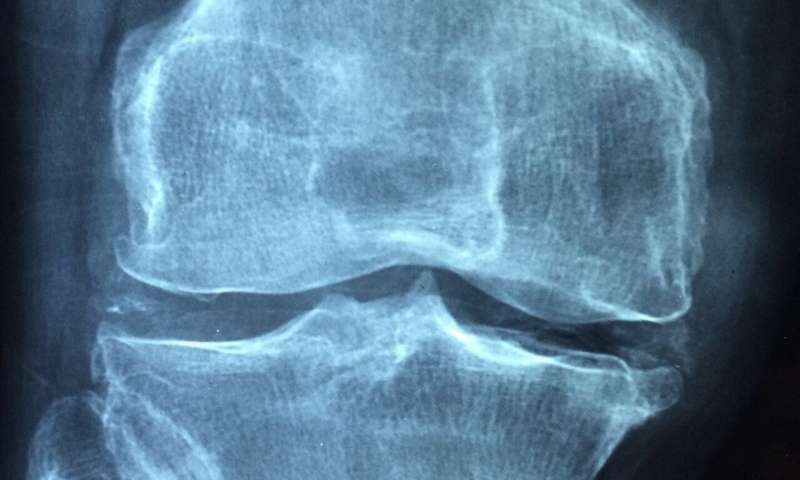
Americans living with rheumatic disease face significant healthcare challenges, according to a national patient survey released this week by the American College of Rheumatology and its Simple Tasks public awareness campaign.
More than 1,500 U.S. adults living with rheumatic disease responded to the survey, which asked a range of questions related to healthcare access, affordability and lifestyle. The results come as patients, providers and policymakers throughout the U.S. recognize Rheumatic Disease Awareness Month (RDAM).
Key survey findings include:
- Even though 90 percent of respondents reported having health insurance coverage, nearly 60 percent said they had difficulty affording their medications or treatments in the past year.
- Almost half of patients receiving treatment for a rheumatic disease reported that their insurance company subjected them to step therapy, a process that requires them to try—and fail—treatments preferred by the insurance company before a doctor-prescribed option can be approved, even when a patient’s doctor is uncertain the insurer-preferred option will be effective.
- One-quarter of respondents reported out-of-pocket costs greater than $1,000 per year for treatment, while six percent of patients reported out-of-pockets costs greater than $5,000 per year.
- Close to 60 percent of respondents are currently being treated by a rheumatologist or have been referred to seek treatment by a rheumatologist. However, two-thirds had to wait more than 30 days after referral before getting an initial appointment with a rheumatologist.
- Almost two-thirds of patients reported that their rheumatic disease limited their ability to perform simple tasks such as eating, getting dressed, cooking, or running errands.
“These findings make clear that Americans living with rheumatic disease—regardless of age, gender, or income level—struggle to find affordable care,” said Paula Marchetta, MD, MBA, president of the ACR. “To address these challenges, it is crucial for patients, clinicians, and policymakers to work together to improve access to rheumatology care so that patients can live longer, healthier, and more fulfilling lives.”
Rheumatology patients recently joined the ACR on Capitol Hill to urge lawmakers to support legislation that would improve patient access by expanding the rheumatology workforce and placing reasonable limits on the use of step therapy.
Last year, the ACR examined access, affordability, and lifestyle challenges in the 2018 Rheumatic Disease Report Card, which graded each of the 50 states and the District of Columbia on the factors associated with an individual’s ability to live well with a rheumatic disease. The 2019 survey provides additional context to these challenges by asking patients directly how their disease impacts daily life.
According to the Centers for Disease Control and Prevention (CDC), an estimated one in four Americans – 54 million U.S. adults – have been diagnosed with a rheumatic disease, an umbrella term that includes conditions such as rheumatoid arthritis, lupus, gout, osteoarthritis, Sjögren’s syndrome, juvenile idiopathic arthritis, and hundreds of lesser known diseases.
Source: Read Full Article



